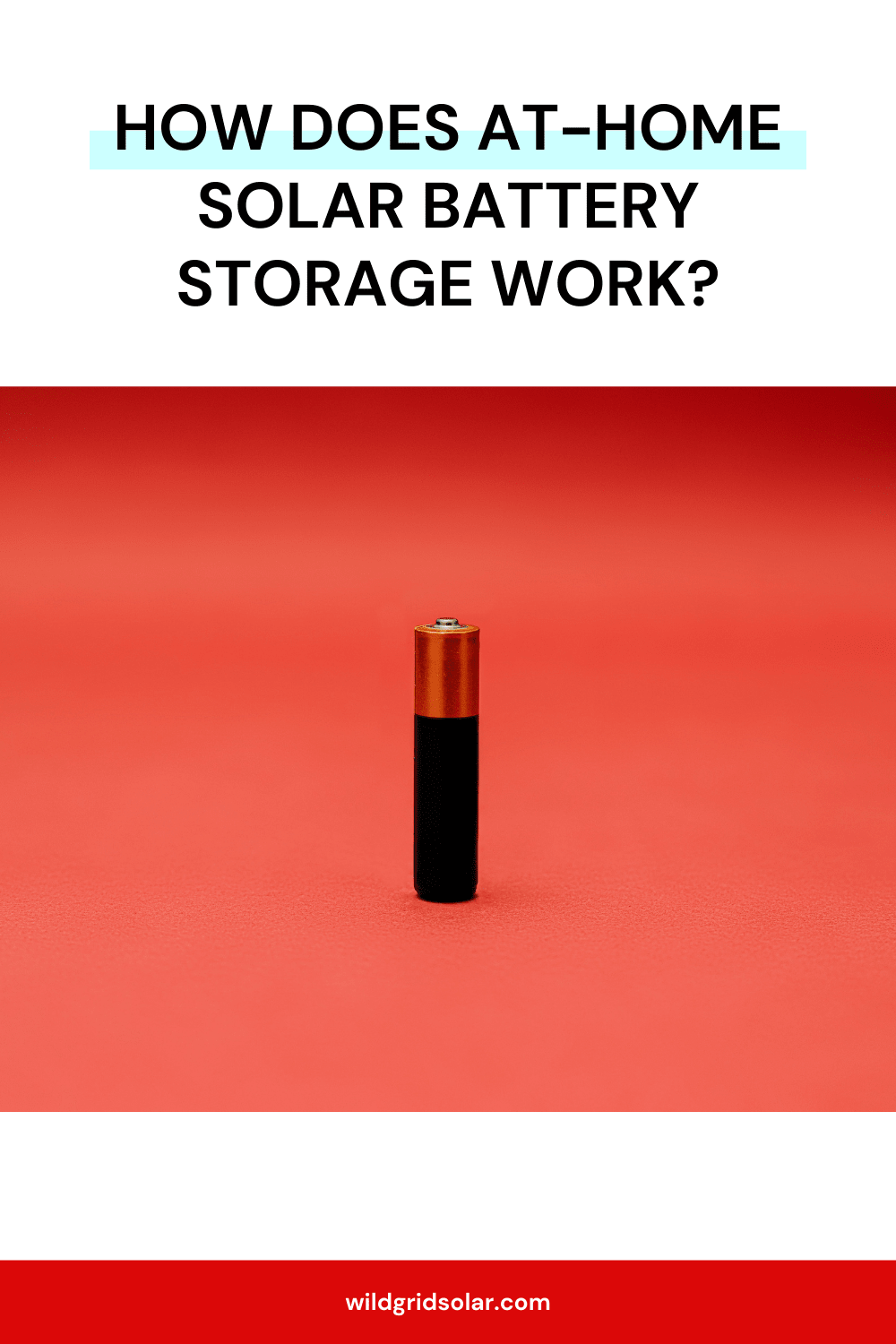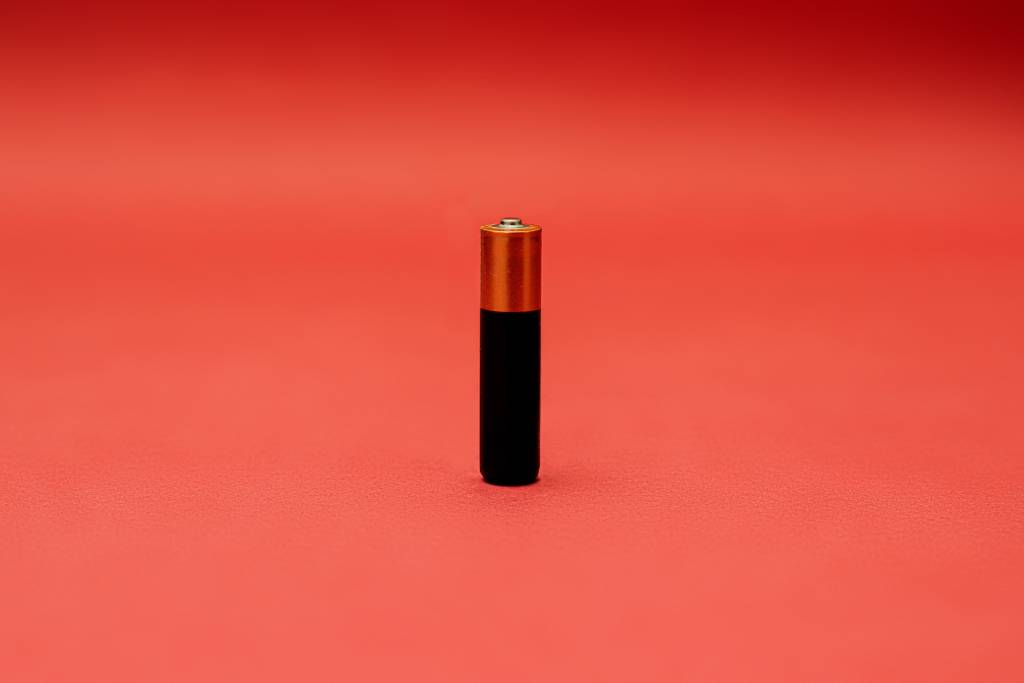Imagine: you’ve installed solar. You’ve had a run of gorgeous, sunny days outside and everything’s been working perfectly. Suddenly, a week of stormy, cloudy spring days rolls through. There’s not enough sun to power your solar array.
Enter: solar battery storage.
The short and sweet version of this story is that solar batteries store the excess power generated from extra-sunny days to be used during those not-so-sunny days.
Want to know more? Let’s dig in.
What’s a solar battery?
Solar batteries are a device you can add to your home or commercial solar that store excess energy generated by your solar panels.
Solar batteries are great additions if you want consistent power, particularly during long stretches of cloudy days, low-light winters, and even power outages.
Batteries may not be as important if you’re still tied to the grid, ie. you can draw additional power from traditional energy companies, but these systems are critical if you’re trying to be 100% off-grid.
Be sure to talk with your installer about what solar battery is best for you if you choose to get one, as there are different brands with different storage capacities based on your home and needs. For example, you may have heard of the Tesla Powerwall - just one of many home batteries designed to save power.
Want to talk solar batteries with a pro? Let's chat.
How does solar battery storage work?
When your solar panels produce more power than you use, the extra power flows into the solar battery storage for later use rather than sending it out into the electric grid as it normally might.*
When your solar array can't produce enough power for whatever reason, the battery will kick on and you can still power your most important appliances! You can also leverage the battery during peak hours to save on higher grid energy costs or during power outages to keep your house's essential functions going!
* Important note: if you participate in a net-metering program, you should be aware that your battery will take away some of that extra generation and credit towards energy usage.

How long will solar battery storage last?
It depends! Different brands and types of solar batteries all offer different capacities for saving. Everyone’s needs are different, but here’s what you need to know:
- Solar battery storage capacity is measured in kilowatt-hours (kWh). The larger the kWh listed, the more power it can store. Solar batteries also include a rating to indicate how many items it can power at the same time. Not all batteries are created equal!
- Yes, you can add more than one solar battery if needed! While not every solar battery can be linked, many can so you’re able to add more than one to your house.
- The lifetime of a solar battery is 5-15 years, meaning it will likely need to be replaced over the lifetime of your solar panel system.
Does choosing the right solar battery seem like a difficult choice? No problem: we can help you figure it out.
If you’re interested in going solar for resiliency and energy independence purposes, the ability to save power for a (literal or figurative) rainy day is an excellent reason to invest in solar battery storage!



